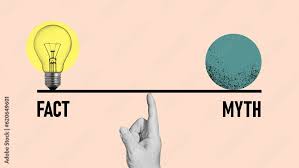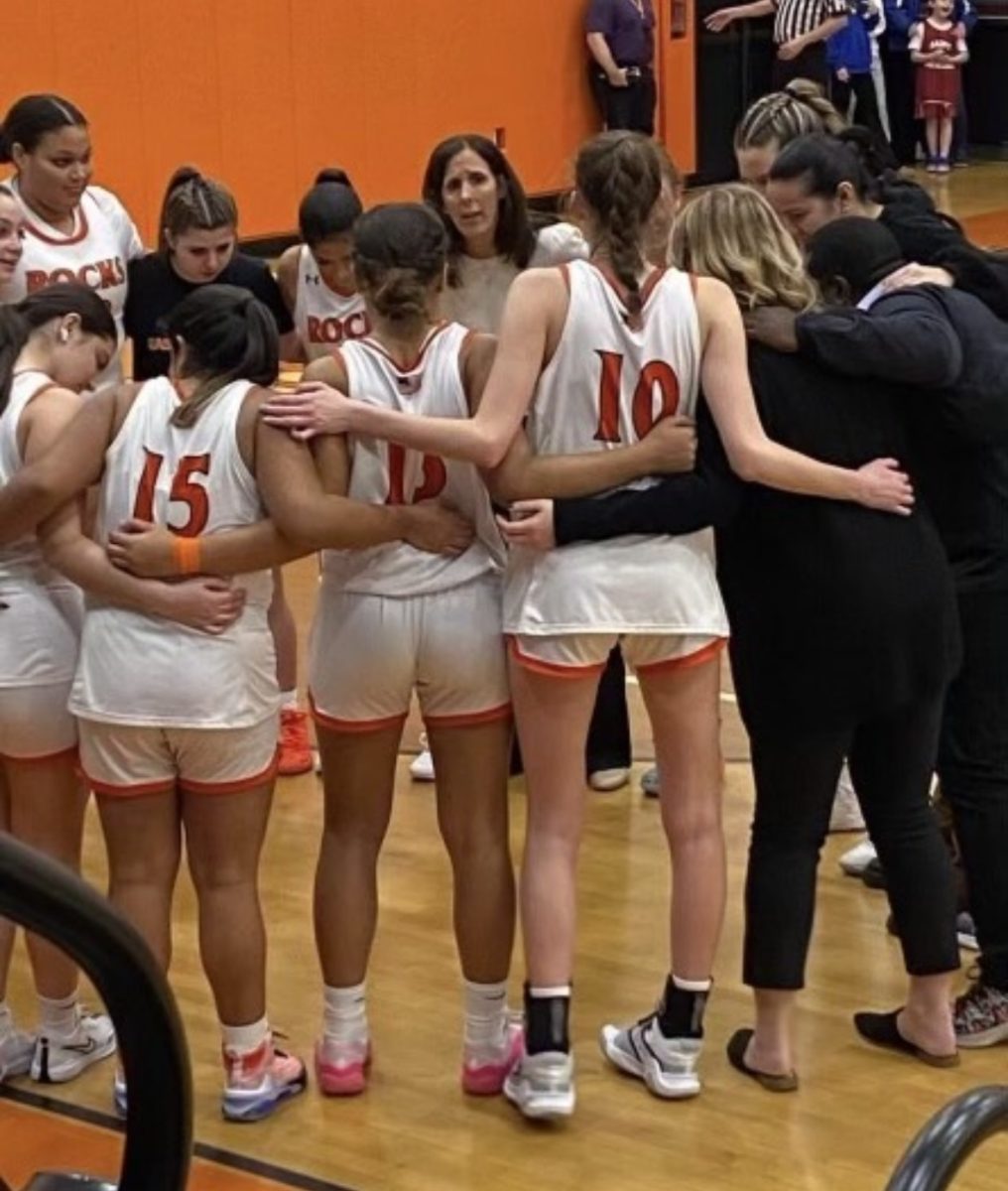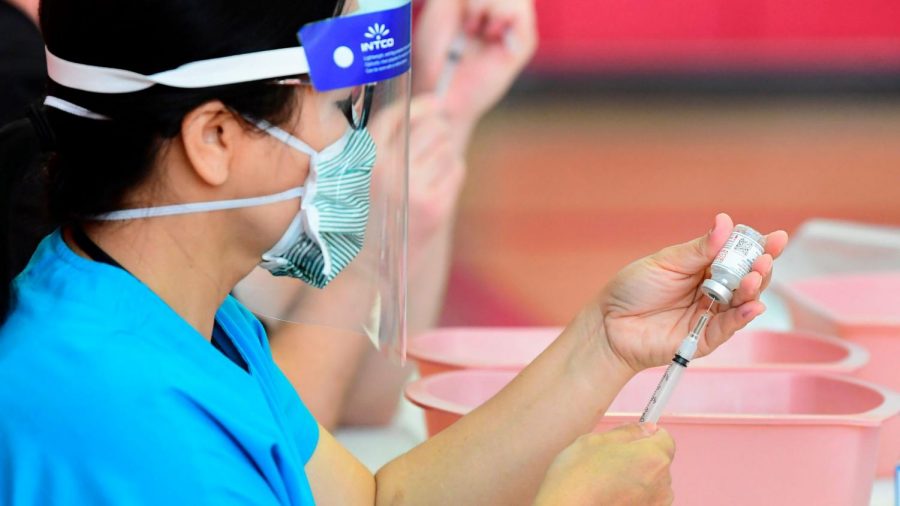“Covid-19 Vaccine: Should You Roll Up Your Sleeves?”
January 22, 2021
Finally, in January of 2021, it seems as if there is a light at the end of the tunnel after 10 months of darkness. The biggest vaccination campaign in history has begun. More than 56.7 million doses in 52 countries have been administered, according to data collected by Bloomberg. The latest rate was roughly 2.85 million doses a day, on average. Although this is a great accomplishment, many more vaccines need to be given if we wanted to be able to return to some sort of normalcy. But with many Americans who are hesitant to take this vaccination (due to concerns about the unknown, the speedy timeline, etc.), the questions remain: Will we be able to return to normal life? Should we all be rolling up our sleeves for this vaccine?
It was just before the new year that companies Moderna and Pfizer produced Covid-19 vaccinations that were authorized for distribution in the United States. With the worldwide pandemic only beginning last March, many Americans are not sure if they are ready for the shot. I understand why they might be hesitant, as vaccines normally take anywhere from 5-10 years to be produced. Although it only took Pfizer and Moderna an astonishing 9 months to produce their Coronavirus vaccines, both of these vaccinations have been approved by the FDA (Food and Drug Administration) and have been cleared in all 3 phases that all vaccinations must go through. This means that the vaccine has been approved to be safely used and given out to the public. Many public figures have also made an effort to show America that the vaccination is safe and received it themselves. These people include former Vice President Mike Pence, President Joe Biden, and the Director of the National Institute of Allergy and Infectious Diseases, Dr. Anthony Fauci.
But even with successful trials, there remains another large problem: supply and demand. Even with all of this work, there is still a limited number of shots and certain areas that these vaccines are available. With more demand than supply and only certain vaccination sites, can and when will the Pfizer and Moderna shots be readily available to the general public?
Then there is the question of side effects. Receiving a Coronavirus vaccination that is fairly new obviously comes with some unknowns. According to the CDC (Centers for Disease Control), about 21 Americans who have taken the Pfizer vaccination experienced a severe allergic reaction also known as anaphylaxis. About 17 of these reported patients have a medical history of severe allergies and allergic reactions. But this is not all; the CDC has also reported that it is common for vaccine recipients to experience side effects that include pain and swelling in the arm you received the shot, along with fever, fatigue, headaches, and chills. These are all very common after getting the vaccination and it is recommended to drink a lot of liquids, apply a cold washcloth over the injection site, and monitor your side effects.
Understandably, deciding to get the vaccine may present people with a tough decision. There are many factors to keep in mind, including all of the lives that Covid-19 has taken, the toll on health care workers and first responders and, not only the effect this pandemic has put on America, but also on the entire world. This should be your own personal decision, and if you have the opportunity to get either the Pfizer or the Moderna vaccine, be sure to take your medical history and current condition into recognition. Whether or not you decide to pull up your sleeve for the Coronavirus vaccination, just remember that America is in this together! Hopefully there will be a day when there will be no no need for us to stay 6 feet apart, a day when we will be able to hug each other, and a day when we can stop smiling with our eyes alone.
SOURCES:
https://www.cdc.gov/coronavirus/2019-ncov/vaccines/expect/after.html

























